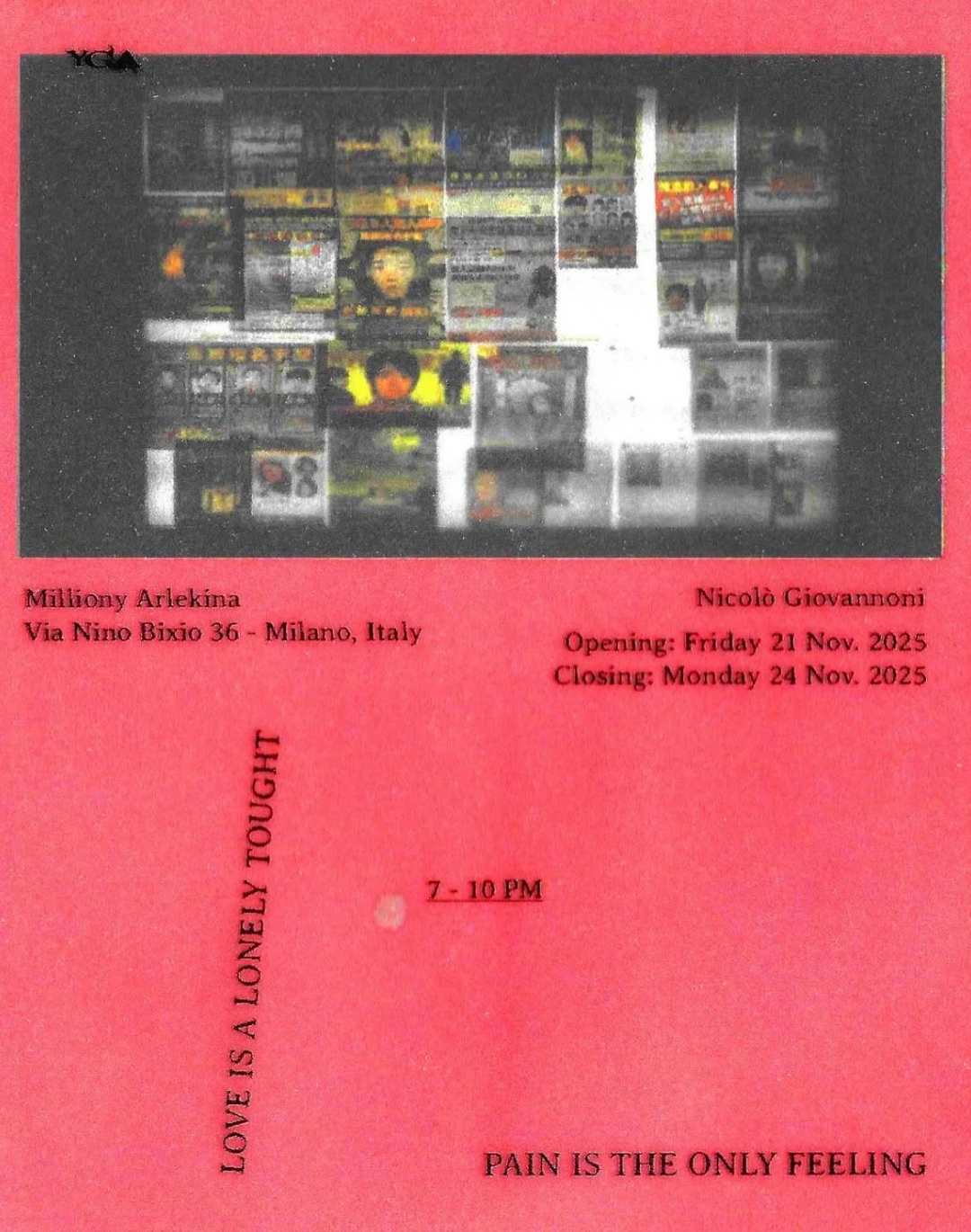
Marni's new Japanese minimalism Primary colours, Clueless check prints, Kusama polka dots and a new humanity
Clean lines, no cut-outs, little mohair, a riot of checked prints, polka dots, primary colours: Marni's FW23, a season after the psychedelic runway that took place in New York in the dark tunnel under the Manhattan Bridge, shows Francesco Risso's imagination from a new angle. Influenced by the Japanese discipline and the tendency towards simplification that dominated the Milan Fashion Week, the brand's new collection is "austere and intimate at the same time", the result of a reflection that led Risso to question the very meaning of "dress-making" and to push towards new horizons (stylistic and geographical). «It's a collection that has one foot in tradition and the other in a not impossible future - he revealed to Vogue backstage - It's a kind of rhythmic alternation of proud normality and proud creativity.»
During the show, which took place in Tokyo at the Yoyogi National Gymnasium hall built by architect Kenzo Tange for the 1964 Summer Olympics, 1,800 guests were bathed in visual white. K-pop superstars Mingyu and Joshua from Seventeen, actress Tessa Thompson, as well as Ghali, Skepta, Iann Dior, King Princess and 24kGoldn applauded Risso from the front row. The musicians of the Tokyo Chamber Orchestra, led by music director and loyal collaborator of Risso, Dev Hynes, were dressed to match the white paper that covered the floor and podium of the arena. Although Risso can by no means be described as a minimalist, the collection swapped his usual extravagances for sharper, cleaner lines, while the colour palette was reduced to a few primary shades in the form of Clueless-esque check prints or Kusama-esque polka dots: yellow, red, white, black. Each look was an all-over proposition, for both men and women in the predominantly local line-up (alongside Marni favourites like Paloma Elsesser and Angel Prost), who alternated between slim and tight or voluminous and voluminous silhouettes. For the women, skimpy midi dresses, bardot necklines, pointed pumps, no accessories and vintage looks provided a portrait of the modern Japanese femme fatale, with dark make-up around the eyes and cascades of raven hair. Structured blazers, miniskirts and mismatched pumps with socks followed the y2k business chic, the style miu miu has built its success on in recent seasons. The mohair that made Risso famous all over the world was declined in round-cut jumbo jackets, in line with the newfound passion for bomber jackets that will characterise the whole of 2023, while the influence of Japanese minimalism was evident in rectangular tunics and angular apron dresses. The whole thing ended in a dreamy spiral seen from above, in a whirl of garments arranged by colour.
For Risso, choosing Tokyo as the destination for his collection was not only a geographical decision, but also a way to bring new influences into his artistic vision. «A year ago, I decided to do a series of travelling shows with our team and a troupe of musicians to bring a burst of energy to different cities and give back to our friends and communities around the world» Risso told WWD. The decision to perform in the Japanese capital is also in line with the needs associated with Marni's commercial strategy: Japan accounts for 23% of Marni's total sales and the share of sales generated in the country is expected to increase by 30% compared to 2021, according to CEO Barbara Calò. A strategy that has certainly proved successful in terms of style and creativity: «Here in Japan I have found a deep sense of patience, calm and respect, something I think has been lost in the West».





























































